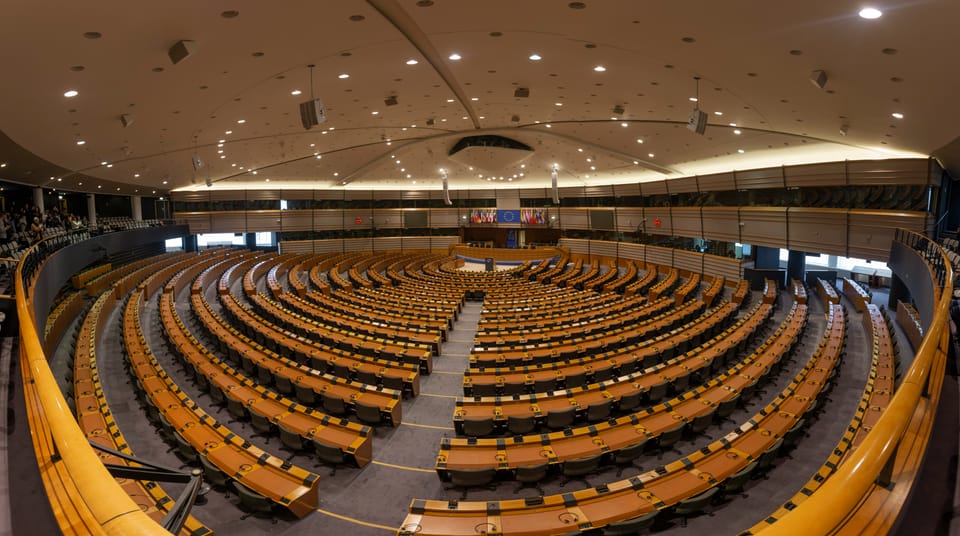CSDDD: Parliament lead negotiator’s draft seeks greater deregulation than original
EPP is proposing to delete climate transition plan requirements and reduce the number firms within CSDDD's scope.

The draft report of potential EU Omnibus amendments submitted by lead negotiator Jörgen Warborn (EPP) deletes transition plan requirements and further reduces the scope of CSDDD.
The document – developed by the Parliament’s largest political group, EPP, and not representative of the entire EU Parliament – has been slammed by sustainability practitioners and opposition leaders: “The goal is clearly to further water down corporate accountability rules,” said World Benchmarking Alliance Strategic Public Policy Lead Richard Gardiner.







